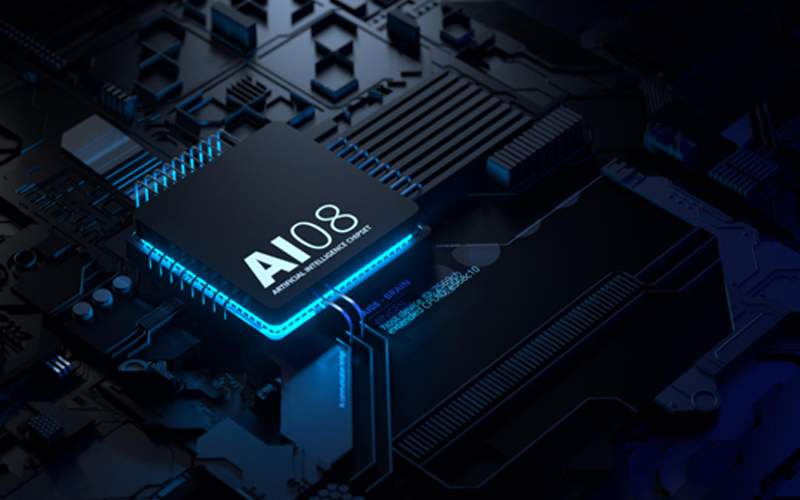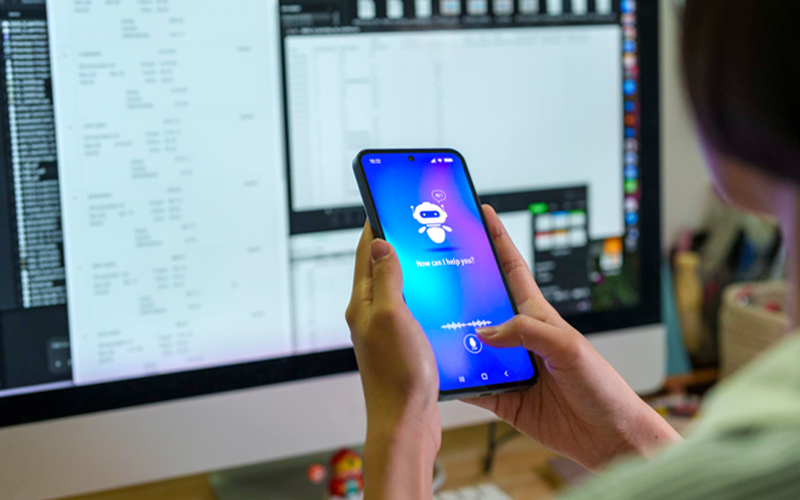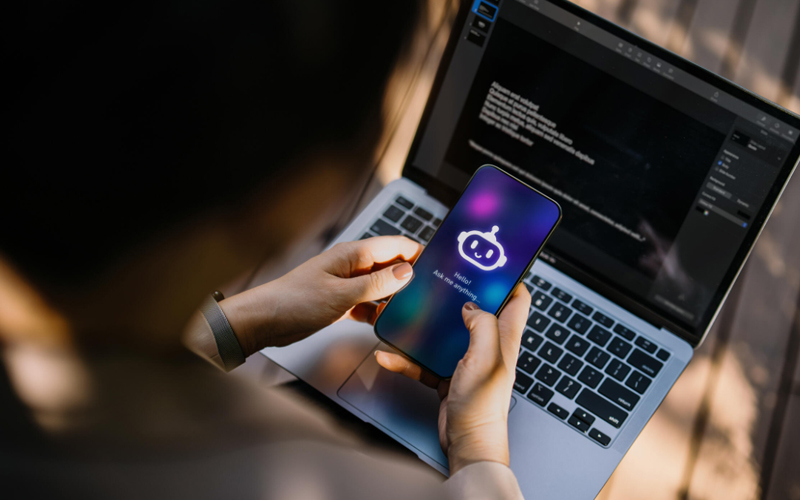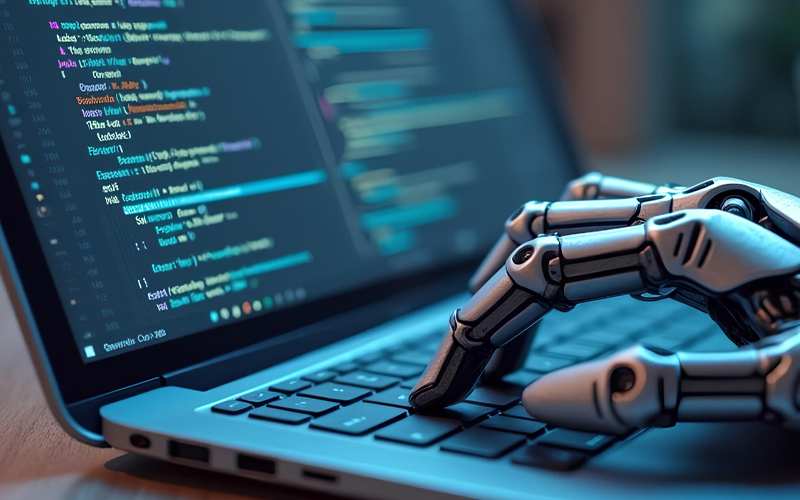Global competition, hybrid work models, and evolving employee expectations are reshaping traditional Human Resource (HR) practices. To meet these shifting demands, organisations are turning to AI agents. From AI in recruitment and onboarding to ongoing performance analytics and predictive retention models, these intelligent systems are designed to optimise and transform HR functions. These advanced technologies improve engagement and retention with real-time analytics and adaptive capabilities.
This article explores how agentic AI is reshaping every stage of the employee lifecycle.
What are AI agents in HR?
AI agents in HR are intelligent software applications that autonomously manage HR tasks with minimal human input. These systems leverage Machine Learning (ML), Natural Language Processing (NLP), and advanced analytics to enhance candidate sourcing, resume screening, interview coordination, onboarding, employee support, and more. Looking ahead, more advanced applications are emerging with agentic AI, built on generative technologies. Unlike rule-based automation, agentic AI evolves through interaction and data, enabling it to reason, plan, and act with increasing independence.
Why are AI agents in HR essential?
AI agents are transforming HR operations by reducing manual effort, enhancing consistency, and unlocking strategic value. Here’s how they are reshaping core HR functions:
Intelligent automation and decision-making
AI agents offer intelligent automation that adapts in real time. They learn from behavioural patterns, identify inefficiencies, and perform tasks such as reminding teams of expiring certifications or flagging inconsistent performance data. Unlike static automation scripts, these agents support dynamic decision-making, enabling HR leaders to focus on strategy rather than administration.
AI in candidate sourcing and recruitment
AI recruiting offers speed and precision. AI agents help HR teams find qualified candidates by scanning large talent pools, including job boards, social media platforms, and internal databases. Using NLP, these tools assess resumes, align them with job requirements, rank applicants, and forecast cultural fit or future performance using historical hiring data.
They also automate resume screening, schedule interviews, and send follow-ups. This streamlines the entire hiring cycle, reducing time-to-hire and enhancing candidate experience while minimising human bias.
Transforming onboarding, payroll, and compliance
Beyond hiring, AI agents personalise onboarding journeys by tailoring training modules, tracking progress, and answering FAQs via chatbots. In payroll, they ensure accurate calculations, deductions, and timely disbursements.
Compliance functions also benefit: AI systems monitor policy acknowledgements, send automated reminders for training renewals, and maintain audit-ready documentation. These capabilities help HR maintain regulatory standards and reduce risk without additional overhead.
Elevating employee experience and engagement
AI-driven virtual assistants serve as 24/7 support for employee queries, from benefits information to workplace policies. They recommend personalised upskilling opportunities and identify potential burnout risks by analysing communication patterns or feedback loops. Over time, these systems fine-tune recommendations, promoting a healthier, more engaged workforce.
Integrating AI agents with collaboration tools ensures that employee feedback is captured continuously, fuelling data-driven improvements in workplace culture.
The business value of AI agents in HR
Organisations adopting agentic AI in HR are seeing tangible benefits across several dimensions:
- Operational efficiency: Automating tasks like candidate evaluation and onboarding reduces cycle times and increases productivity.
- Improved hiring quality: AI enhances decision accuracy by matching candidate profiles to role expectations, leading to better retention and performance outcomes.
- Cost optimisation: Reducing manual intervention across HR processes lowers overhead and reallocates resources to higher-impact activities.
- Enhanced fairness and inclusion: By focusing on skills and data-driven assessments, AI minimises unconscious bias, promoting diversity and equity in hiring.
- Scalability: During periods of rapid growth, AI agents handle high application volumes and workforce changes without compromising quality.
AI-powered HR tools help build resilience by enabling quick adaptation to market or organisational changes.
Emerging trends to watch
Several developments are influencing the evolution of AI agents in human resources:
- Predictive retention models: By analysing metrics such as engagement scores, manager feedback, and internal mobility data, AI can flag employees at risk of leaving, enabling timely interventions.
- Hybrid technology integration: AI agents are increasingly working alongside technologies like augmented reality for immersive onboarding or robotic process automation for document processing, creating seamless, interactive employee experiences.
- Ethical and transparent AI: As AI systems take on more decision-making roles, organisations must address fairness, privacy, and accountability. Ethical frameworks are being developed to ensure transparency and auditability of AI decisions.
- Continuous learning and reskilling: AI is helping HR teams deliver adaptive learning pathways tailored to individual career goals and business needs, thereby supporting long-term workforce development.
How can Infosys BPM transform HR with agentic AI solutions?
At Infosys BPM, we integrate generative AI with deep HR domain knowledge to create efficient solutions. Our AI-driven platforms help you scale personalisation, predict attrition risks, and deliver consistent employee experiences across touchpoints. Whether you’re looking to transform recruitment, reimagine performance management, or modernise employee services, our AI-led HR solutions help you lead with confidence.








